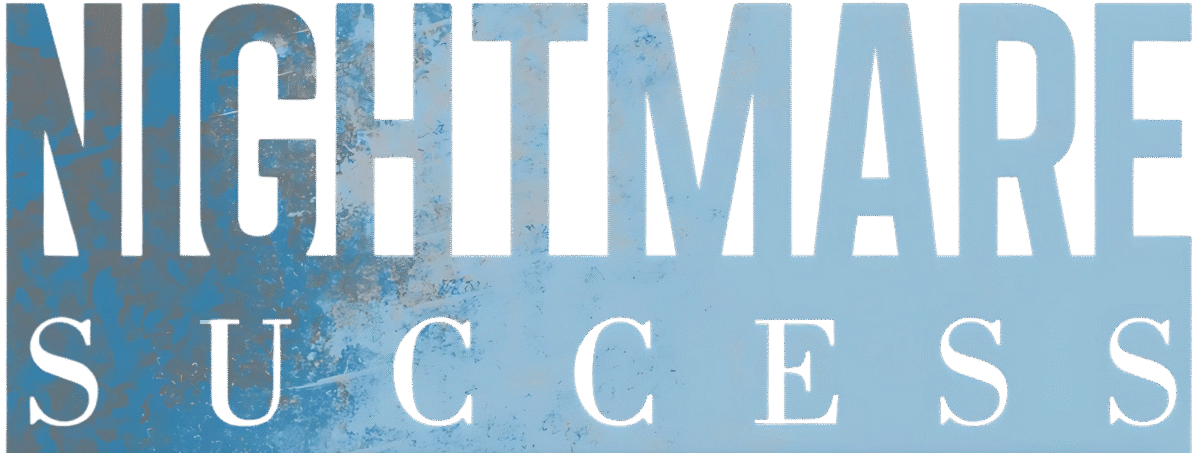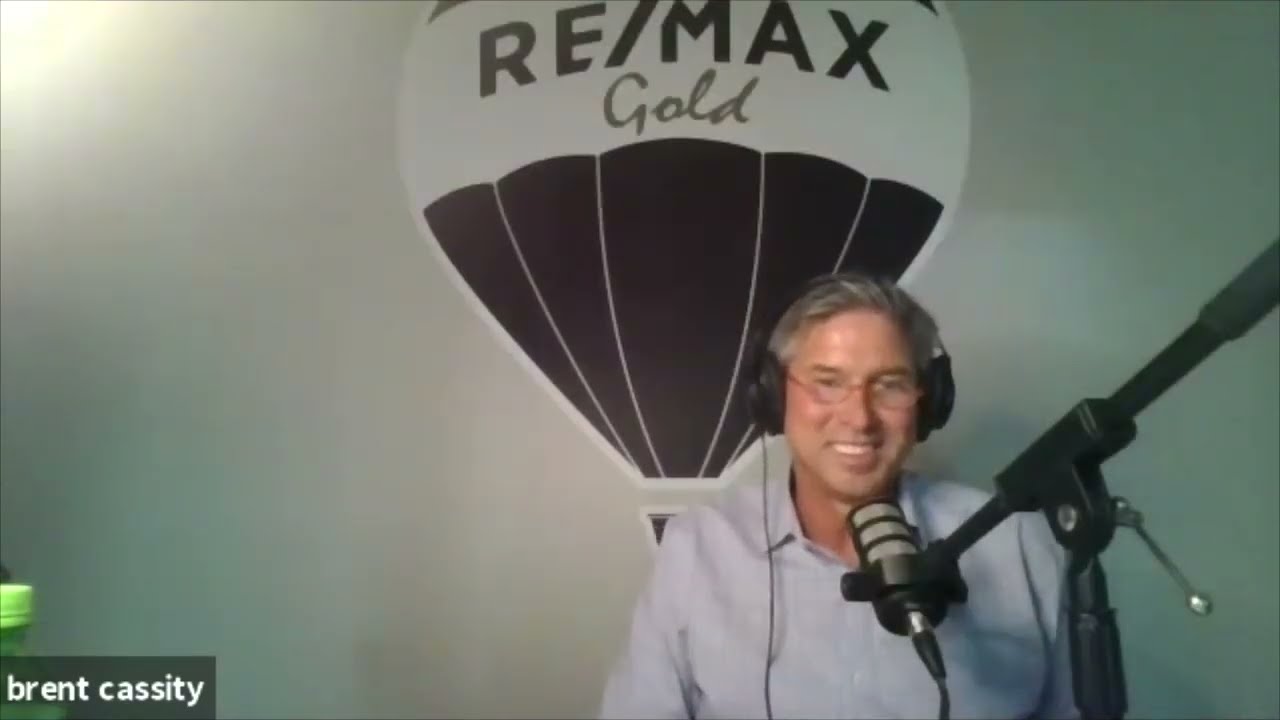The night before Jim Clark reported to prison, he lay wide awake, staring at the ceiling, grappling with the weight of his decisions. The silence of the house felt deafening, interrupted only by the distant ticking of the clock, each tick echoing the gravity of his situation. It was a moment of reckoning that many of us might never fully understand unless we find ourselves staring into the abyss of our own making. Jim had once been a successful marketing manager at IBM, a man who had spent years climbing the corporate ladder and building a life that many would envy.
But then came the turning point, the moment when ambition morphed into something darker. Growing up in St. Louis, Jim was instilled with strong values within a close knit Catholic family. He attended Catholic schools, played basketball, and was surrounded by a supportive community.
Those formative years shaped the man he would become, one who initially sought to make a difference in the healthcare sector. After a successful career at IBM, he transitioned to Cerner Corporation, where he was poised to make an impact. But when he launched his own healthcare consulting firm, Wishing Corporation, he found himself riding a wave of overconfidence. What started as a promising venture soon spiraled into a nightmare as market conditions shifted and financial missteps began to pile up.
Jim’s story took a darker turn when he resorted to falsifying financial statements to keep his business afloat. It was a decision that would haunt him for years. Accumulating several million dollars in debt, he faced a one million dollar IRS special and the crushing reality of losing his home. The consequences were not just financial; they seeped into every aspect of his life, affecting his family and his emotional well being.
He often reflects on how he felt during those days, acknowledging the disconnect between the man he wanted to be and the choices he made. But it was during this time that Jim reached a pivotal realization. He chose to admit his guilt rather than fight the charges, a decision that, while daunting, marked the beginning of a new chapter. In the face of impending imprisonment, he focused on ensuring his family’s needs were met.
He moved them to a different house, sold possessions, and prepared them for the difficult journey ahead. This preparation was not just about logistics; it was about facing the consequences of his actions head on and taking responsibility. One of the most poignant moments in Jim’s journey came when he learned that his father was gravely ill. The news delayed his sentencing, granting him a precious opportunity to spend time with his dad before the weight of his choices descended upon him.
Those moments were bittersweet, filled with love but shadowed by the reality of what lay ahead. As he sat by his father’s side, he felt the full impact of his decisions, realizing that his actions would ripple through his family and community. On the day he reported to prison, Jim’s daughter accompanied him. As they walked through the gates, the emotional weight of the moment was palpable.
It was a stark reminder of how our choices can affect those we love most. Jim often reflects on that day, recognizing that while he had made mistakes, he was still a father, still a member of a community that had once supported him. This experience forced him to confront not just the financial implications of his actions but the emotional scars they left behind.
Now, residing in Kansas City, Jim emphasizes the importance of learning from mistakes. He speaks openly about the value of community support during tough times, highlighting how connections can provide solace even in the darkest moments. Through his journey, he has come to understand that while mistakes can lead us down a treacherous path, they can also serve as powerful lessons if we allow them to shape our future. Jim’s story is not just about the fall from grace; it is about the journey of understanding, accountability, and the importance of family.
As he moves forward, he carries with him the lessons learned, hoping to inspire others to reflect on their own choices and the impact they have on those around them. His experience is a reminder that while life may lead us into challenging situations, it is our response to those challenges that ultimately defines us.

